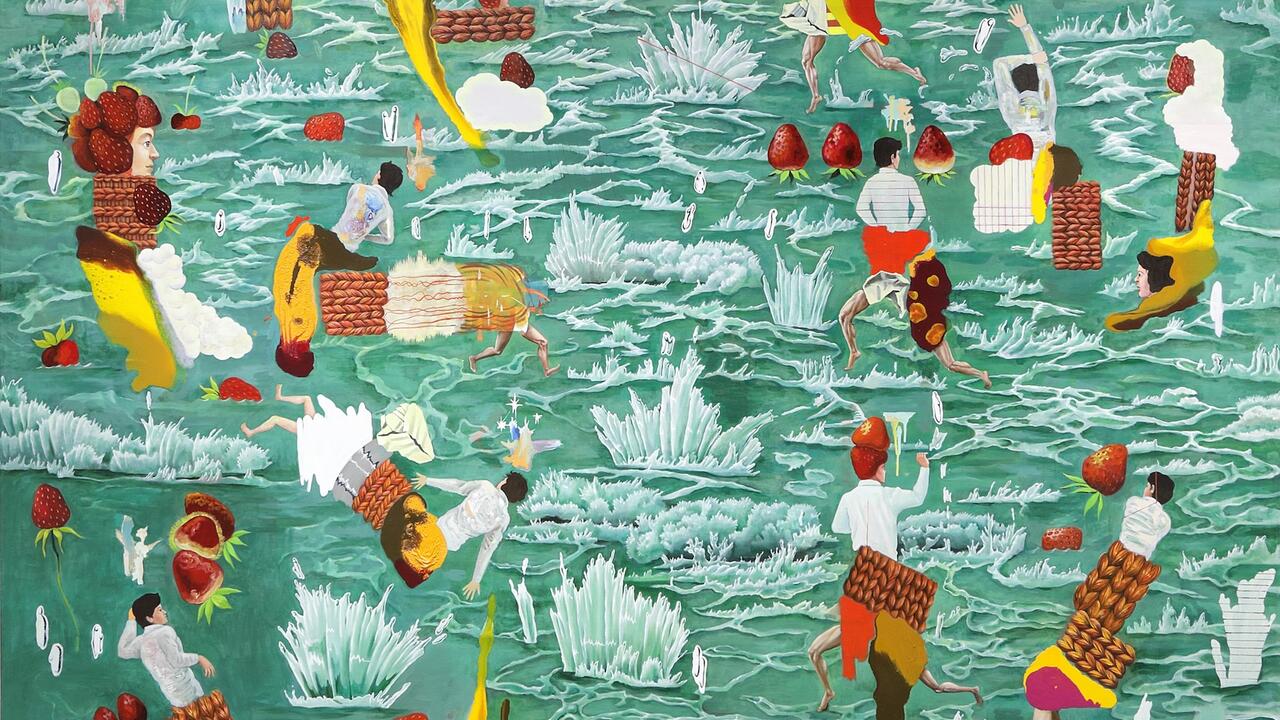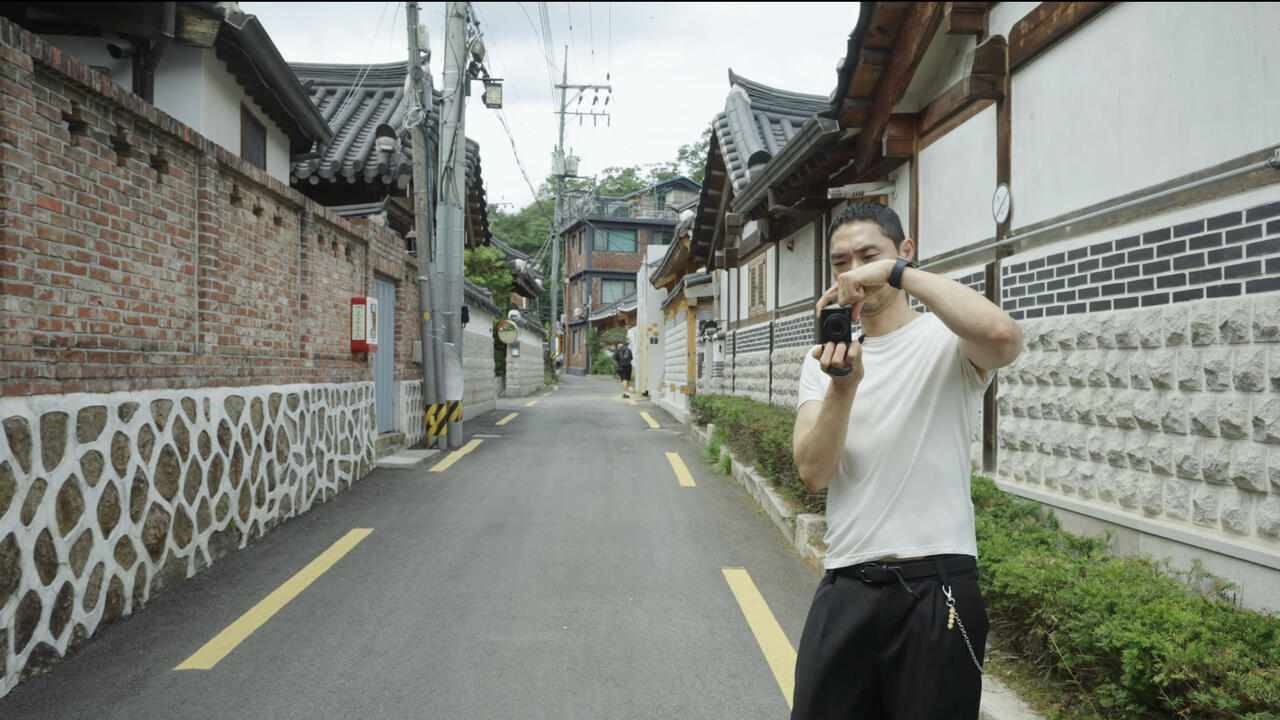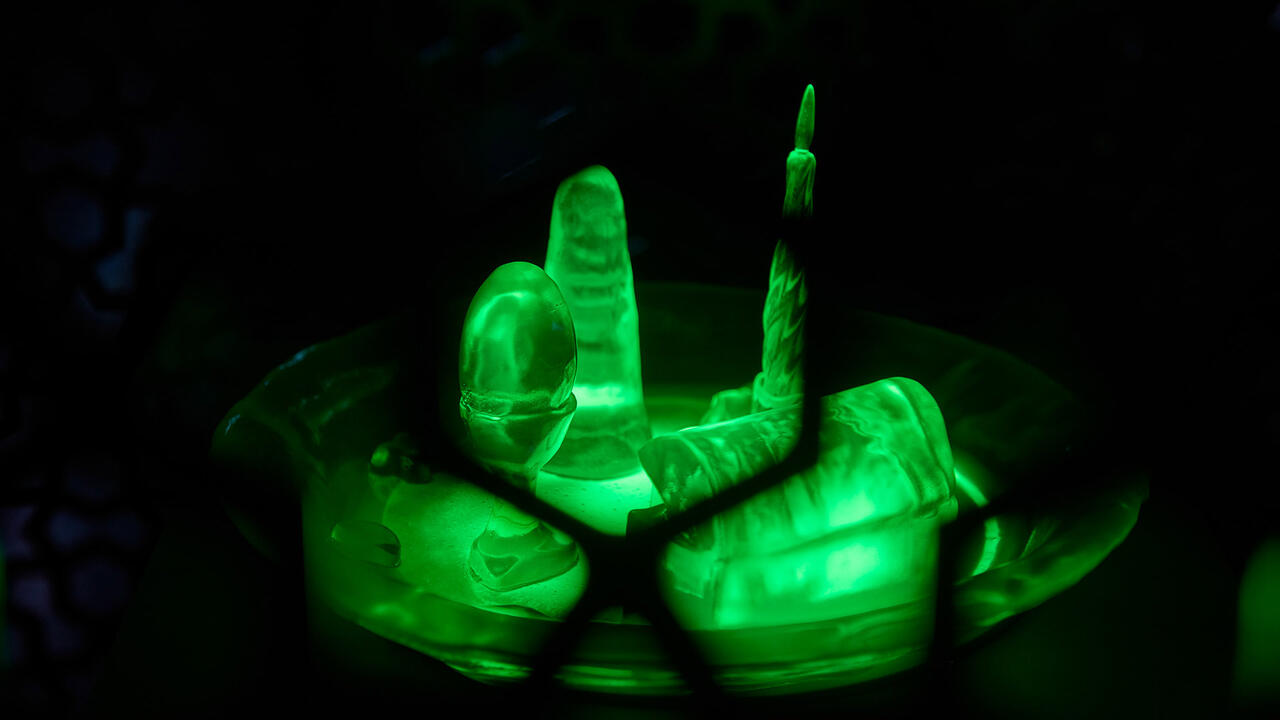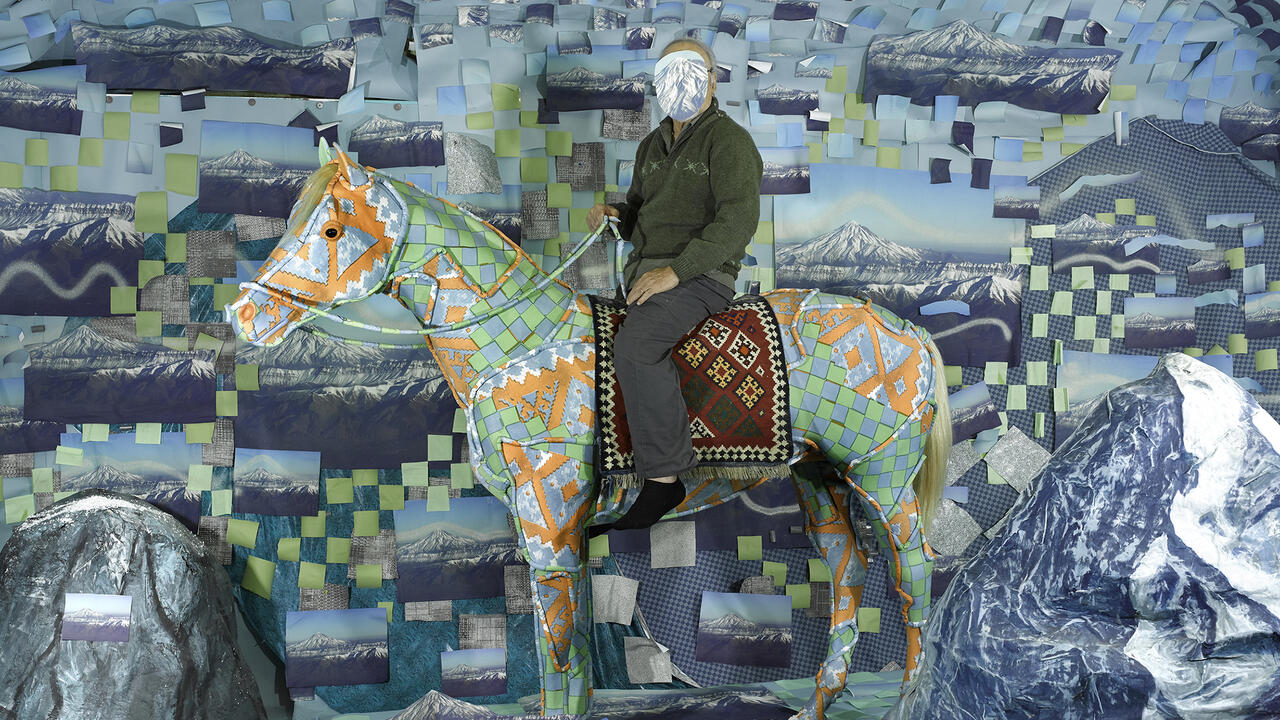Reality Check
Philosophy in 2009: The Invisible Committee; speculative realism; an all-star conference on communism; new books from Alain Badiou and Slavoj Žižek
Philosophy in 2009: The Invisible Committee; speculative realism; an all-star conference on communism; new books from Alain Badiou and Slavoj Žižek

‘Today, Western imperialism is the imperialism of relativism, of the “it all depends on your point of view”; it’s the eye-rolling or the wounded indignation at anyone who’s stupid, primitive or presumptuous enough to still believe in something, to affirm anything at all.’ So argued The Invisible Committee, the anonymous, apparently French, collective who published the The Coming Insurrection in 2009, a best-selling Semiotext(e) book which outraged right-wing commentators such as Glenn Beck. Is it time to believe again? It’s not surprising to hear Slavoj Žižek – who has for a long time painted the sceptical sophistries of the Postmodern academy as an ideological smokescreen for capitalism – say that it is. ‘You’ve had your anti-communist fun,’ Žižek proclaims at the end of his stirring First as Tragedy, Then as Farce (2009), ‘time to get serious again.’ The resurgent Leninist Marxism that Žižek hopes for is no doubt very different to the communes celebrated by The Invisible Committee. But, in 2009, anti-capitalism and conviction were back on the agenda. The effect of two massive events at the end of 2008 – the financial crisis and the election of Barack Obama – meant that 2009 felt like more than just the end of a decade: it was also the end of a whole reality system.
The crisis has clearly inspired Žižek, whose First as Tragedy ... was his best (and most focused) book for some time. The ‘On the Idea of Communism’ conference that Žižek organized with Alain Badiou at the University of London in March looked to be a timely event – an opportunity for leftist philosophers to take charge of the ideological terrain that the discrediting of neoliberalism has opened up. For the most part, however, ‘On the Idea of Communism’ turned out to be unable to seize the new times. In many ways, what was most significant about the conference was the amount of interest it provoked: first envisaged as a small-scale affair, it ended up having nearly 1,000 delegates – a sign that there is a new appetite both for philosophy and for the left. But Badiou showed some of his worst traits, most notably an imperious disdain for the economy, reinforcing the impression that his version of communism is effectively pre- (and in some respects anti-) Marxist. Badiou’s most important role has been to tirelessly resist Postmodern capitalism’s equation of ‘big ideas’ with totalitarian terror, and to offer succour and encouragement to the left at a time of despair and defeat, but it remains unclear what his philosophical system – further refined in Logics of Worlds (2006), which was this year published in English translation – can offer political organization in the 21st century.
In his presentation at the communism conference and in First as Tragedy ..., Žižek offered a clear overview of a present that he characterized as ‘apocalyptic’. He identified four defining antagonisms: ecological catastrophe; the threat to private property posed by the problems of ‘intellectual property’; techno-scientific developments; and the division between the included and the excluded in a new global apartheid. One of Žižek’s merits – alongside Michael Hardt and Antonio Negri, who returned this year with their book Commonwealth – has been his focus on the cyberpunk qualities of post-Fordist capitalism, which require new forms of thinking and activism.
It is the still-coalescing field of speculative realism that might be most capable of this kind of thought. Speculative realism’s importance has consisted in its challenge to the human-centredness of much continental philosophy. That rejection of the centrality of the human has led to the objection that speculative realism is necessarily apolitical – in suggesting that there is a space beyond the political, it is claimed, speculative realism is performing an ideological mystification. But the insistence that ‘everything is political’ has a flattening effect – it might as well be the case that nothing is political.
What an effective anti-capitalist political philosophy needs, surely, is an account of how change happens. Despite having no explicit political orientation, Graham Harman’s study of Bruno Latour, Prince of Networks (2009), provided resources for thinking this through in a new way. Harman rejects the standard images of Latour as a Postmodern sophist who reduces science to social construction; Latour’s great theme, Harman argues, is rather the ‘alliances’ between human and non-human ‘actors’ upon which all scientific discovery depends. Thinking in terms of networks, alliances and actors (non-human as well as human) might offer a way for the left to reconceptualize its agency. Fittingly for a philosophy that flourishes in the para-spaces outside the official academy, the discussion of the political implications of speculative realism has largely happened on the Internet, where sites such as Speculative Heresy (www.speculativeheresy.wordpress.com) and Planomenology (www.planomenology.wordpress.com) are making connections that are yet to emerge in printed form.
The rise of speculative realism and the disintegration of neoliberalism are both signs that a certain mental paralysis is starting to relax. Culturally, this has been the most conservative decade since the 1950s. But suddenly it starts to feel as if something new might happen again. After the end of history, there is a void; instead of stasis and inevitability, there is a genuine sense of openness. ‘We are the ones we have been waiting for,’ writes Žižek. The Invisible Committee concur: ‘It’s useless to wait – for a breakthrough, for the revolution, the nuclear apocalypse or a social movement. To go on waiting is madness. The catastrophe is not coming: it is here.’

















